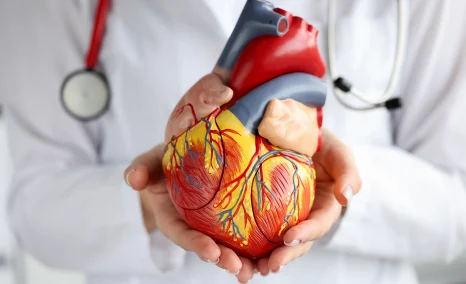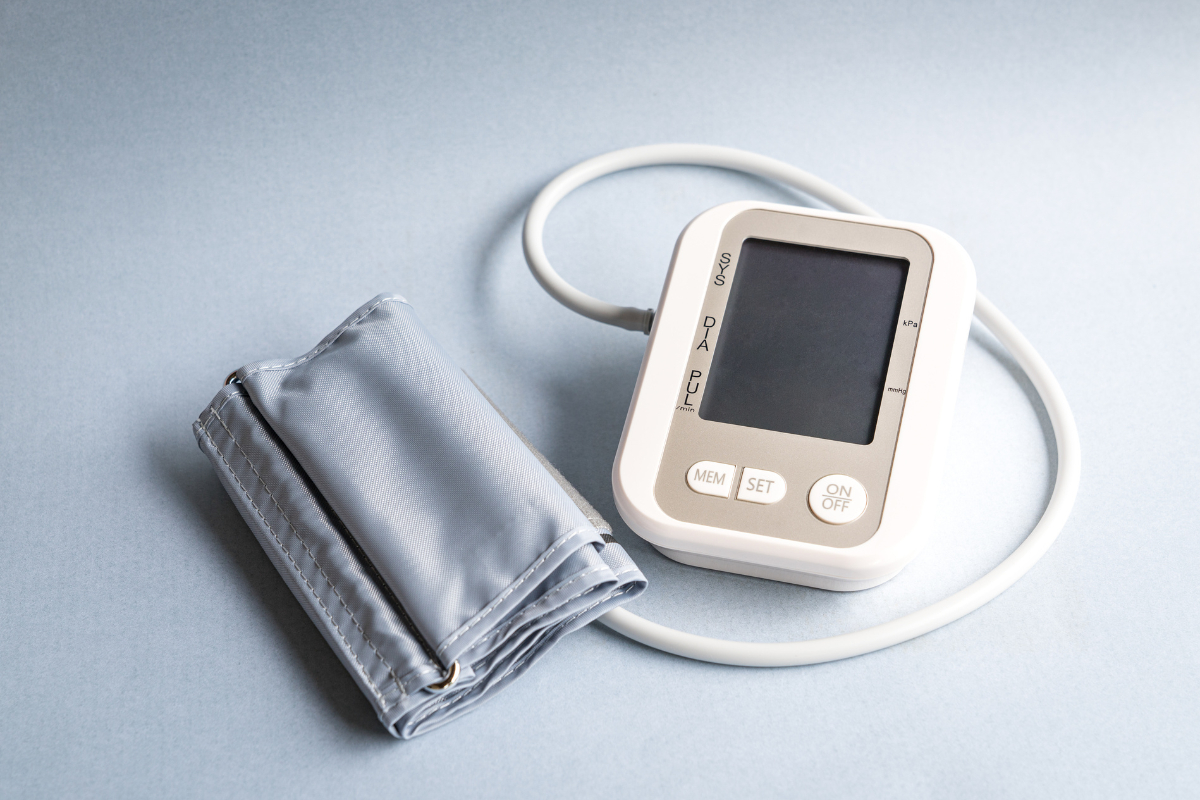Bayer’s CKD Drug; Enochian’s RNA Hijack for HBV; Novo Nordisk’s to get Prothena’s ATTR Amyloidosis Business; J&J’s COVID-19 Vaccine Struggle
Jul 13, 2021
Table of Contents
Bayer Scores FDA-Approval for its CKD Drug Finerenone
Following a priority review, the USFDA finally gave its thumbs-up to Bayer AG’s Kerendia (finerenone) for chronic kidney disease (CKD) associated with type 2 diabetes (T2D) based on the results from the Phase III FIDELIO-DKD study.
Finerenone is the first and only non-steroidal mineralocorticoid receptor antagonist (MRA), which works by blocking the overactivation of the mineralocorticoid receptor that is associated with fibrosis and inflammation leading to permanent structural kidney damage.
Downloads
Click Here To Get the Article in PDF
The drug managed to improve cardiovascular and kidney outcomes by reducing the risk of kidney failure, heart attack, heart failure hospitalization, and cardiovascular death.
However, after receiving the approval, competing in the market against AstraZeneca and Johnson & Johnson might prove to be another uphill task. Even so, around 40% of Type 2 diabetes patients in the U.S. ultimately develop chronic kidney disease, Bayer has a huge patient pool to cater to, which will add to the revenues of the company.
FDA Accepts Pre-IND Request for Enochian’s RNA Treatment for HBV
Enochian Biosciences announced the FDA acceptance of a Pre-IND (Investigational New Drug) request for a potential cure of hepatitis B virus (HBV) infection.
Enochian Biosciences is a biopharma firm and is leveraging a novel mechanism, known as Hijack RNA, to target coronaviruses, including the cause of COVID-19, influenza, HBV, and HIV.
The company is encouraged by the results and pronounces that its innovative cellular Hijack RNA therapy tricks the virus to use certain proteins leading to the death of infected cells instead of reproducing more viral cells. The decision came after the potential data submitted to the USFDA from a proof-of-concept study conducted in chimeric mice, the ‘gold standard’ animal model to evaluate HBV cure, as referred by some scientists.
Novo Nordisk is Footing the Bill for Prothena’s ATTR Amyloidosis Business
Novo Nordisk announced the acquisition of clinical-stage antibody PRX004 and ATTR amyloidosis programs of late-stage clinical firm Prothena Corporation in a deal that cost the company a sum of $1.2 billion.
Under the terms of the definitive purchase agreement, Novo Nordisk will acquire complete business including but not limited to global intellectual property rights, Prothena’s ATTR amyloidosis business and pipeline. In return, Prothena gets to add USD 1.2 Bn and milestone payments ( $100 million in upfront and near-term clinical milestones payouts) to its wallet.
Novo is primarily focused on developing drugs and therapies for diabetes, however, the move to acquire ATTR amyloidosis therapies clearly depicts the goal of the company to foray and expand its portfolio in different markets, and seems like the company started with choosing the rare disease market.
A New Warning for J&J’s COVID-19 Vaccine; Due to a Rare Neurological Disorder
J&J COVID-19 vaccine has always been in the news, be it due to J&J’s manufacturing deals and spree for vaccine or associated side effects of the vaccine. Earlier it was blood clots and now it is something more serious.
The US drug regulatory agency issued a new warning for Johnson & Johnson’s COVID-19 vaccine linked to a rare and potentially severe neurological reaction in the patients. After the administration of the 12.8 million doses, approximately 100 reports of Guillain-Barré syndrome (GBS) were raised, stated the CDC after a period of two weeks mostly in men of age 50 and older.
Guillain-Barré Syndrome is a rare neurological disorder that is a result of the immune system attacking a part of the peripheral nervous system leading to muscle weakness, difficulty with eye muscles and vision, difficulty in swallowing, speaking, or chewing, needle-like sensations in the hands and feet, severe pain, particularly at night, abnormal heart rate or blood pressure, and problems with digestion and/or bladder control. It can also lead to paralysis.
The vaccine was highly sought-after owing to its single formulation and convenient storage & handling; however, with early on reports of rare blood clots and now GBS, the picture for the J&J’s Covid-19 vaccine appears quite grim.
Downloads
Article in PDF
Recent Articles
- MedTech Wrap Up
- Gene Therapy’s Emergence: The “New” approach for Huntington’s disease
- DelveInsight’s Gene Therapy Reports: Launched
- Break the Gene Therapy Barrier with DelveInsight’s Gene Therapy Reports
- FTA for Gannex’s ASC4; Disappointment for Incyte’s Ruxolitinib; Historic win for Pfizer, BioNTech...




